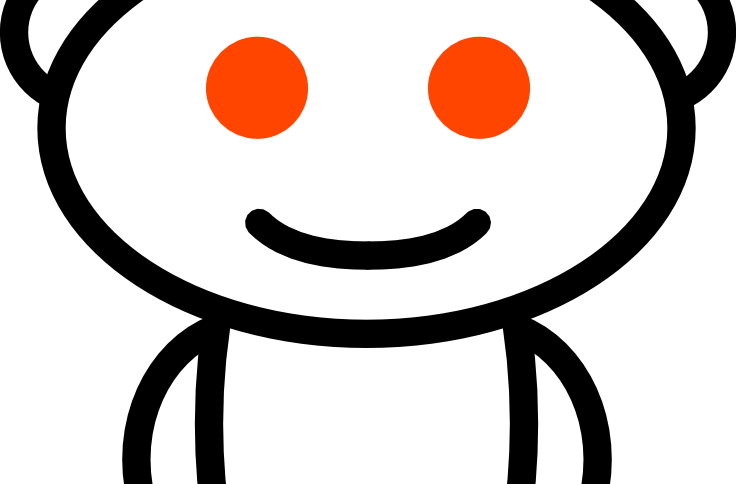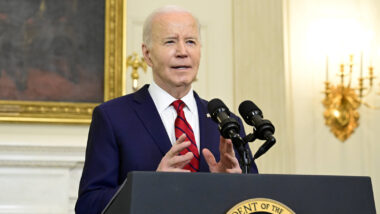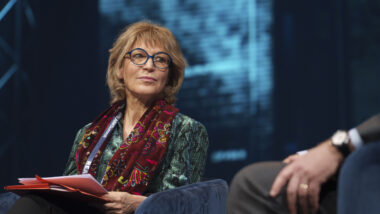 In einem Reddit-AMA stellten sich gestern Glenn Greenwald und die Chefredakteurin des Guardian Janine Gibson über 500 Fragen, die ihnen von neugierigen Nutzern der Diskussionsplattform gestellt wurden. Den kompletten Austausch kann man dort nachlesen. Hier ein kurzes Best-Of:
In einem Reddit-AMA stellten sich gestern Glenn Greenwald und die Chefredakteurin des Guardian Janine Gibson über 500 Fragen, die ihnen von neugierigen Nutzern der Diskussionsplattform gestellt wurden. Den kompletten Austausch kann man dort nachlesen. Hier ein kurzes Best-Of:
Tatertits7 fragt, ob wir den Überwachungsstaat jetzt noch rückgängig machen können:
I think this is the question we’ve all been asking. It’s at the heart of this story. And we fundamentally think it’s a debate best had in the open. It’s going to come down to what citizens, users and voters think about how much they’re prepared to give up in order to feel secure. It’s not an easy question. We had an event recently in NYC and the former general counsel for the NSA said this is a debate that has to be had once a generation – that each generation needs to feel it has given consent. I think that’s an interesting point. It certainly feels like there are a couple of generations who have been taken aback by the sheer size and scale of surveillance.
Zur Frage von idvckalt, was für Greenwald die schockierendste Enthüllung sei, antwortete dieser:
The general revelation that the objective of the NSA is literally the elimination of global privacy: ensuring that every form of human electronic communication – not just those of The Terrorists™ – is collected, stored, analyzed and monitored.
The NSA has so radically misled everyone for so long about its true purpose that revealing its actual institutional function was shocking to many, many people, and is the key context for understanding these other specific revelations.
rikardlinde fragt, ob noch mehr zu Cyberattacken, die von den USA ausgehen, veröffentlicht oder geschrieben wird.
In my view, the two most overlooked stories we’ve published are the one you reference (about the secret presidential directive signed by Obama to prepare for offensive cyber operations: essentially the militarization of the internet) and the document we recently published showing NSA gives unminimized communications of US persons to Israel with very few binding safeguards.
I hope we’ll have more on the topic you asked about, though so far the information is limited.
RemindControl fragt, warum der Leak, der enthüllte, dass Daten auch an Israel weitergegeben werden, nur so wenig Aufmerksamkeit bekam.
1) Because it involved „Israel“, which sends some people into fear-based silence; 2) Because it happened in the middle of Syria, which took up most oxygen; 3) Because the New York Times published nothing about it, for ignominious and self-serving reasons highlighted by its own public editor; and 4) Because there is some NSA fatigue: a sense that nothing that is revealed can surprise any longer.
courage_my_friends fragt wie Greenwald es schafft, die Dokumente an so vielen Orten dieser Welt sicher unter Verschluss zu halten.
Greenwald:
We use highly advanced means of encryption.
Remember, the only ones whose op sec has proven horrible and who has lost control of huge numbers of documents is the NSA and GCHQ.
We have lost control of nothing. All of the documents we have remain secure.
grayrace1 bedankt sich bei Greenwald und erklärt, dass an er/sie gerade einen Uni-Workshop zu Verschlüsselungstechniken organisiert.
Greenwald:
That’s so great to hear. One of the most gratifying things I’ve seen since this all started is how many journalists now communicate using PGP, Pidgen, OTR, TOR and similar instruments of encryption.
Just as was true for me, so many national security journalists – including some of the most accomplished ones at large media outlets, the ones who work on the most sensitive materials – had no idea about any of that and used none of it.
Now they do. In this age of a War on Whistleblowers and sources and ubiquitous surveillance, it’s absolutely vital that journalists learn advanced encryption methods and use it.





Bisschen übersichtlicher: http://www.reddit.com/r/tabled/comments/1nj2ju/table_iama_were_glenn_greenwald_and_janine_gibson/